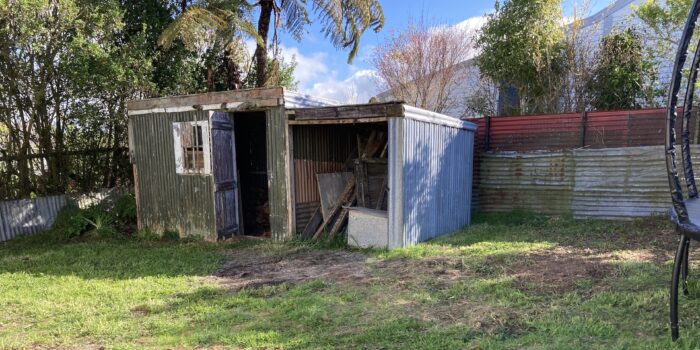What Is The Risk In Investing And How To Minimise It?
Most people will tell you that investing can be risky and for some that is a reason to not invest at all. But what is the risk in investing, and is there any way to minimise it?
What does “risk” or “risky” mean
“Risk = a situation involving exposure to danger / exposing someone or something to danger, harm or loss”
Risk is a scary word.
In everyday life it often means that there could be danger to your life or wellbeing.
But risk is also a broad term and depends on the situation at hand.
For example, driving a car after drinking alcohol is risky. You could hurt or kill yourself, or somebody else.
Starting your own business is risky too. You might not succeed and you might need to start over.
The only thing common in the examples I gave is that there is the word “risk”. But which risk would you be willing to take?
Investing, especially investing in shares, is risky.
Any responsible person who talks about investing in public or to other people should have mentioned it at least once. But why is it risky, or “dangerous”?
And if it’s risky and dangerous, why are the money experts telling you to do it?

What exactly is the risk in investing?
Before becoming interested in investing and shares, I believed that the risk in investing was losing all your money due to the company/companies going under.
I don’t know if this is a common misconception or if it was just me!
But when we talk about the riskiness of investing in shares, we actually talk about the volatility of their price.
Volatility of the price is simply how much it changes.
The more often it changes and the wider the price range is, the riskier the investment.
You may wonder why the changes in the prices are the risk factor.
It means that shares are risky in the short term.
If you invest in shares today, hoping to either preserve your money or make money in capital gains by the next week, that is incredibly risky.
There’s nothing guaranteeing that the price of the shares will be higher in a week than they are today, and nothing from keeping them plunging down. In that case, if you really needed your money next week and had to sell on a lower price, then you would be losing money.
This makes shares a risky investment in a short term.

What about long term then?
In general, shares are a great investment in the long term, as the long term trend for prices is to creep up despite the daily volatility.
This is why some investors have the “buy and hold” strategy, because it minimises the risk coming from the daily price volatility.
It doesn’t matter what the prices are, because you’re not planning on selling.
This is also the reason why you should only invest money you don’t need for a long time.
So generally, losing money because of a company going under isn’t the most common way of losing money when investing.
Even though it IS still a possibility (especially with start ups), with well established companies it’s not as likely scenario as I thought.
For example, you could look at Air New Zealand and this global pandemic. With New Zealand borders being closed to travellers for so long, Air New Zealand has been in for trouble.
But here we still are, and Air New Zealand is still going. While we are living through some unprecedented times, my point is that it would often take quite a bit for a well established big company to go under.

How you might minimise the risk in investing in smaller companies
While the risk in investing to you is about losing the money you have invested, the companies you invest in face risks too.
When you are making investment decisions, it is important to consider what kind of risks the company in question is exposed to. This can affect their profitability and simply put, how good of an investment it is and how risk tolerant you will need to be.
Understanding what you’re investing in is the first step in minimising the risks around investing.
The Different risks that companies face are often divided into two categories: business risk and financial risk.
Business risk
Managing business risks means that you are making sure that your company (or the company you want to invest in) is making a profit and is viable as a business. Risks in the business category would be for example:
- Strategic Risk (business deviating from their business model or plan)
- Compliance Risk (business needing to adhere to regulations)
- Operational Risk (risks relating to running the day-to-day operations)
- Reputational Risk (damage to reputation can lead to lower profits and possibly lower share price)
Financial risk
Financial risks relate to businesses ability to manage all their money related concerns. These risks are for example:
- Market Risk (changing conditions within the market that the business operates)
- Credit Risk (refers to the risk of either customers defaulting in their payments or the business defaulting in their payments and possibly losing the ability to get credit for purchases)
- Liquidity Risk (the ability to cover expenses as they come due)

There are many more types of risks a business might be exposed to, and having a good understanding of them when making investment decisions is important.
It is equally important to remember that no risk/reward trade of is the same, and to consider if taking on more risk is rewarded adequately, and if you yourself are comfortable with the additional risk.
Learning about investing will help you be comfortable with making investment decisions, I recommend checking my Reading List for ideas on what to read! Sorted.nz also has a wealth of information, guides and tools related to investing and anything to do with money.
Is there anything specific relating to risks when it comes to investing you’d like me to write about? Leave a comment and let me know!







